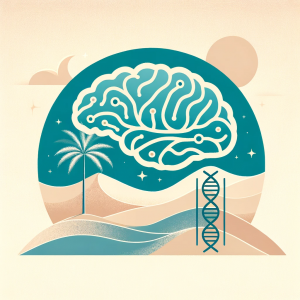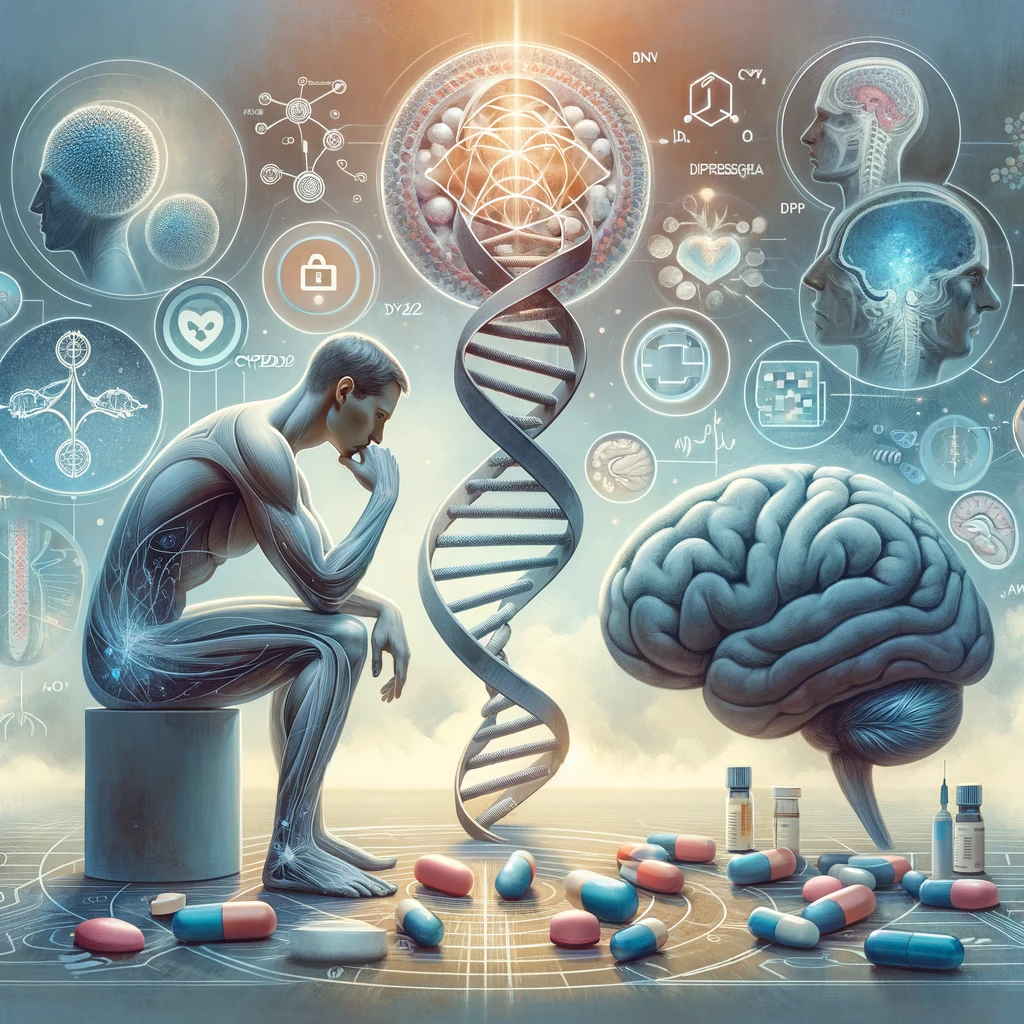In this study, we explored the role of pharmacogenomics in enhancing treatment protocols for major depressive disorder, particularly in patients with a high incidence of treatment-resistant depression.
Treatment-resistant depression represents a significant clinical challenge, often characterized by persistent symptoms and a consequent decline in social and occupational functionality. The chronicity of treatment-resistant depression can precipitate numerous adverse health outcomes, including a heightened risk of suicide. Traditional pharmacotherapy for major depression frequently encounters limitations in efficacy, necessitating alternative strategies to improve patient outcomes.
Emerging evidence underscores the potential of using genetic polymorphisms, specifically within the CYP2D6 and CYP2C19 genes, to customize antidepressant therapy. Such pharmacogenomic approaches depend on the premise that genetic variations can influence drug metabolism and response, optimizing treatment efficacy. Clinical trials have demonstrated that incorporating genetic testing into the treatment strategy for major depression can significantly improve rates of clinical response, remission, and overall treatment efficacy, particularly in treatment-resistant patients.

This study was conducted in a specialized mood disorders center in the Middle East—a region noted for elevated prevalence of treatment-resistant depression—and has corroborated the utility of pharmacogenomic-guided treatment. The study achieved statistically significant clinical improvements by tailoring pharmacological interventions to the genetic profiles of individuals with complex and refractory major depression presentations.
The implications of these findings are profound, suggesting that pharmacogenomic testing could be integral to addressing the complexities of major depression in regions struggling with high levels of treatment resistance. It points towards a paradigm shift in the management of major depressive disorder, where treatment customization based on genetic makeup becomes not only feasible but also a potential standard in regions facing such challenges.

